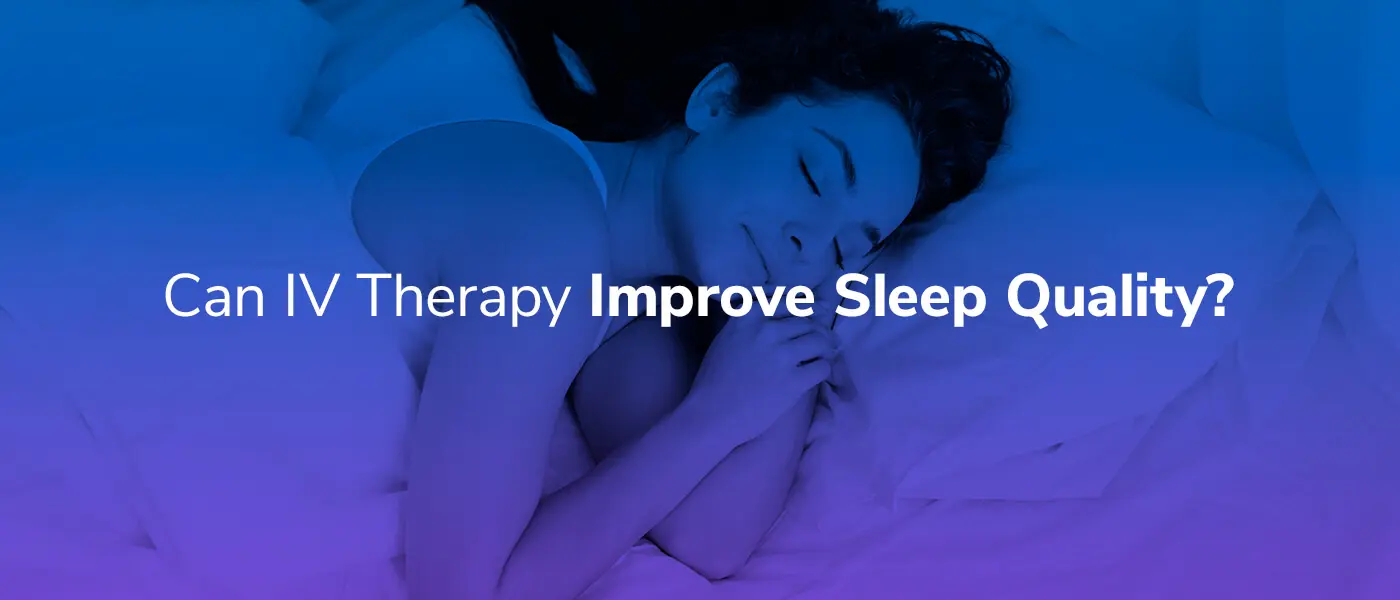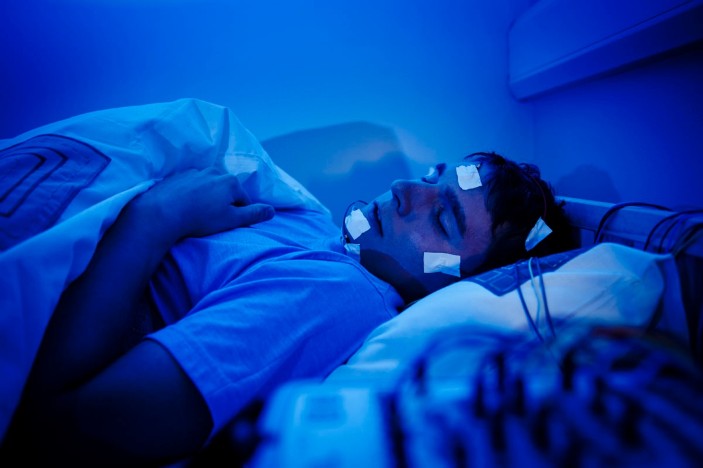Cognitive Behavioral Therapy for Insomnia (CBT-I) - Proven Methods
Cognitive Behavioral Therapy for Insomnia (CBT-I) - Proven Methods
Blog Article
Effective Treatment Solutions for Taking Care Of Sleep Disorders and Enhancing Restful Rest
In the realm of healthcare, the administration of rest conditions and the mission for relaxing rest are critical elements of total well-being. As we browse the intricate landscape of sleep conditions and look for to enhance our rest experience, a much deeper understanding of these treatment remedies may hold the trick to opening a much more relaxing and meeting restorative journey.
Cognitive Behavior Therapy for Sleeplessness (CBT-I)
Cognitive Behavior Modification for Sleep Problems (CBT-I) is a structured, evidence-based therapy approach that focuses on attending to the hidden factors adding to sleep disturbances. This kind of treatment intends to modify habits and ideas that intensify sleeping disorders, eventually promoting healthy sleep patterns. CBT-I normally entails numerous vital elements, including cognitive treatment, sleep limitation, stimulation control, and rest health education.
Cognitive therapy assists individuals recognize and change negative thought patterns and beliefs about sleep that might be preventing their capacity to drop or remain asleep. Rest limitation entails restricting the quantity of time spent in bed to match the individual's actual sleep period, consequently raising rest performance (natural insomnia remedies). Stimulation control strategies aid establish a strong organization in between the bed and rest by motivating people to head to bed only when sleepy and to stay clear of taking part in stimulating activities in bed
Additionally, sleep hygiene education concentrates on developing healthy rest behaviors, such as preserving a constant sleep timetable, producing a relaxing bedtime routine, and enhancing the sleep setting. By addressing these variables comprehensively, CBT-I supplies an efficient non-pharmacological intervention for handling sleep problems and enhancing overall rest quality.
Rest Health Practices
Having actually established the structure of cognitive restructuring and behavioral alterations in dealing with insomnia via Cognitive Behavioral Therapy for Insomnia (CBT-I), the focus currently moves in the direction of checking out vital Rest Hygiene Practices for maintaining ideal rest top quality and general health.
Sleep hygiene methods encompass a variety of habits and ecological variables that can dramatically impact one's ability to drop off to sleep and remain asleep throughout the evening. Consistent rest and wake times, creating a relaxing bedtime regimen, and optimizing the rest atmosphere by keeping it dark, peaceful, and cool are important components of great sleep health. Limiting exposure to displays prior to bedtime, avoiding energizers like high levels of caffeine near bedtime, and taking part in routine exercise throughout the day can likewise advertise far better sleep quality.
In addition, exercising leisure strategies such as deep breathing workouts or meditation prior to bed can aid calm the mind and prepare the body for rest. By integrating these sleep hygiene practices into one's day-to-day regimen, people can establish a healthy sleep pattern that supports relaxed rest and overall well-being.
Relaxation Methods and Mindfulness
Applying relaxation techniques and mindfulness techniques can play a critical function in cultivating a sense of tranquility and promoting quality rest. Additionally, directed images can help move individuals to a calm place in their minds, helping in stress and anxiety decrease and boosting sleep quality.
Mindfulness methods, such as reflection and yoga exercise, are additionally effective in promoting relaxation and enhancing rest. Mindfulness encourages individuals to stay present in the minute, allowing go of bother with the past or future. By including these techniques into a bedtime routine, individuals can signal to their bodies that it is time to prepare and take a break for rest. On the whole, incorporating relaxation methods and mindfulness methods can dramatically add to managing sleep conditions and enhancing managing insomnia overall sleep high quality.

Medicine Options for Rest Disorders
After discovering relaxation methods and mindfulness techniques as non-pharmacological interventions for improving sleep quality, it is vital to think about medicine options for individuals with sleep disorders. In situations where way of living adjustments and treatment do not offer adequate alleviation, medication can be a valuable tool in managing rest disruptions.
Frequently recommended medications for sleep problems consist of benzodiazepines, non-benzodiazepine hypnotics, antidepressants, and melatonin receptor agonists. Antidepressants, such as trazodone, can be helpful for individuals with co-occurring anxiety and rest disruptions - insomnia counseling.
It is critical for people to seek advice from a healthcare service provider to establish one of the most appropriate medicine choice based on their specific sleep condition and clinical history.
Light Therapy for Circadian Rhythm Policy
Light treatment, also called phototherapy, is a non-invasive treatment method made use of to regulate circadian rhythms and boost sleep-wake cycles. This therapy entails exposure to intense light that simulates natural sunshine, which helps to reset the body's inner clock. By subjecting people to particular wavelengths of light, typically in the early morning or evening relying on the desired impact, light therapy can successfully adjust the body clock to promote wakefulness throughout the day and enhance peaceful rest at night.
Research has revealed that light treatment can be particularly useful for people with circadian rhythm conditions, such as delayed rest phase syndrome or jet lag. It can additionally be handy for those experiencing seasonal affective condition (SAD), a kind of depression that commonly happens throughout the winter months when natural light exposure is decreased. Light treatment is generally well-tolerated and can be used in conjunction with other therapy methods for sleep disorders to optimize outcomes and improve general rest quality.
Final Thought
In verdict, effective therapy services for managing rest conditions and improving peaceful sleep include Cognitive Behavior modification for Insomnia (CBT-I), rest health methods, leisure methods and mindfulness, medication options, and light treatment for body clock law. These methods can assist people boost their rest high quality and general well-being. It is necessary to consult with a healthcare supplier to identify the visit this web-site most suitable approach for addressing sleep problems.
As we navigate the detailed landscape of sleep problems and look for to improve our sleep experience, a much deeper understanding of these therapy services may hold the trick to opening an extra rejuvenating and fulfilling restorative trip.
Rest constraint includes limiting the quantity of time invested in bed to match the individual's real sleep period, thereby raising sleep efficiency. Regular rest and wake times, producing a relaxing bedtime routine, and enhancing the sleep setting by keeping it dark, silent, and cool are crucial components of great rest hygiene. Light treatment is typically well-tolerated and can be used in conjunction with various other treatment methods for rest conditions to enhance outcomes and boost general rest high quality.

Report this page